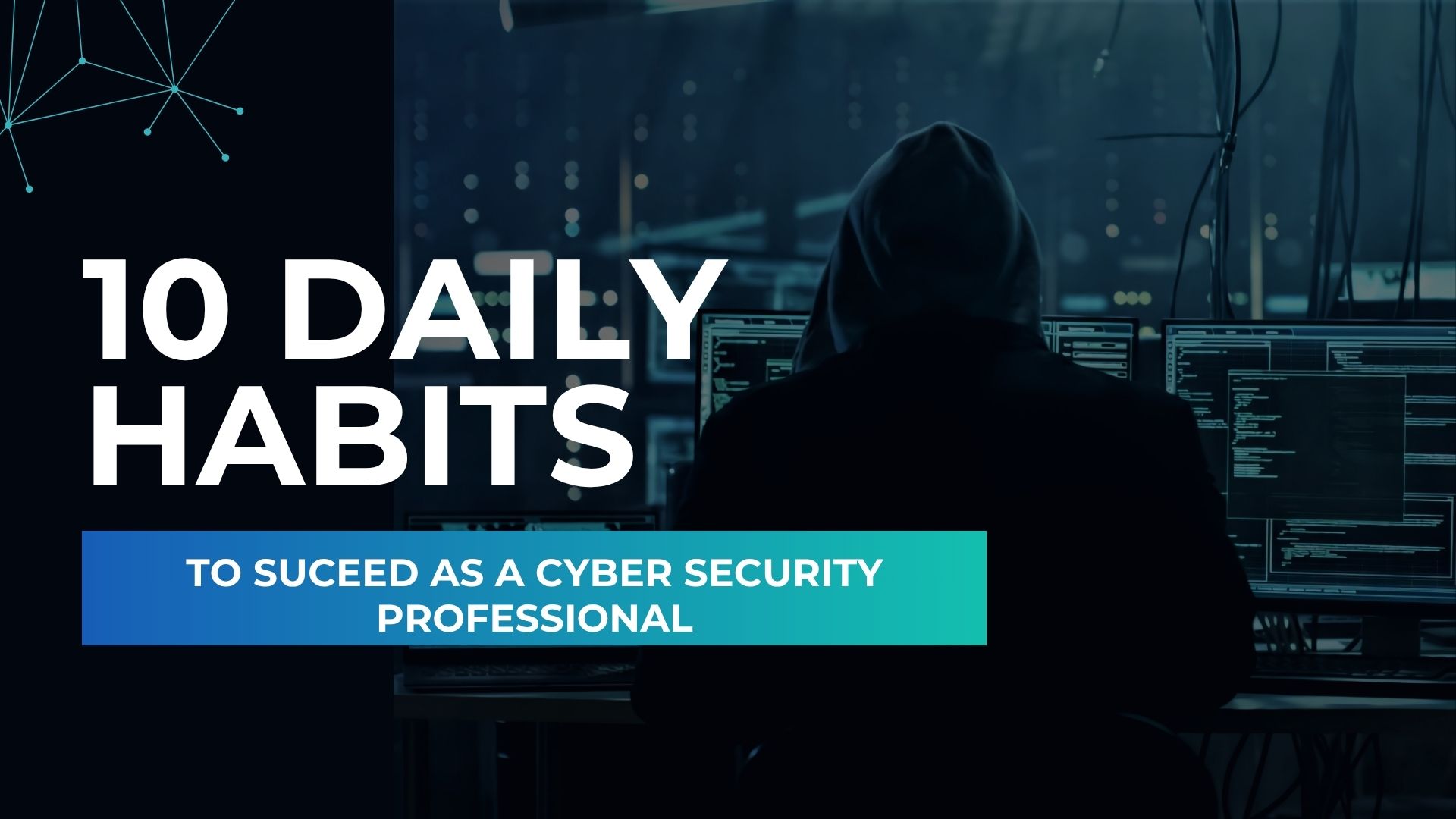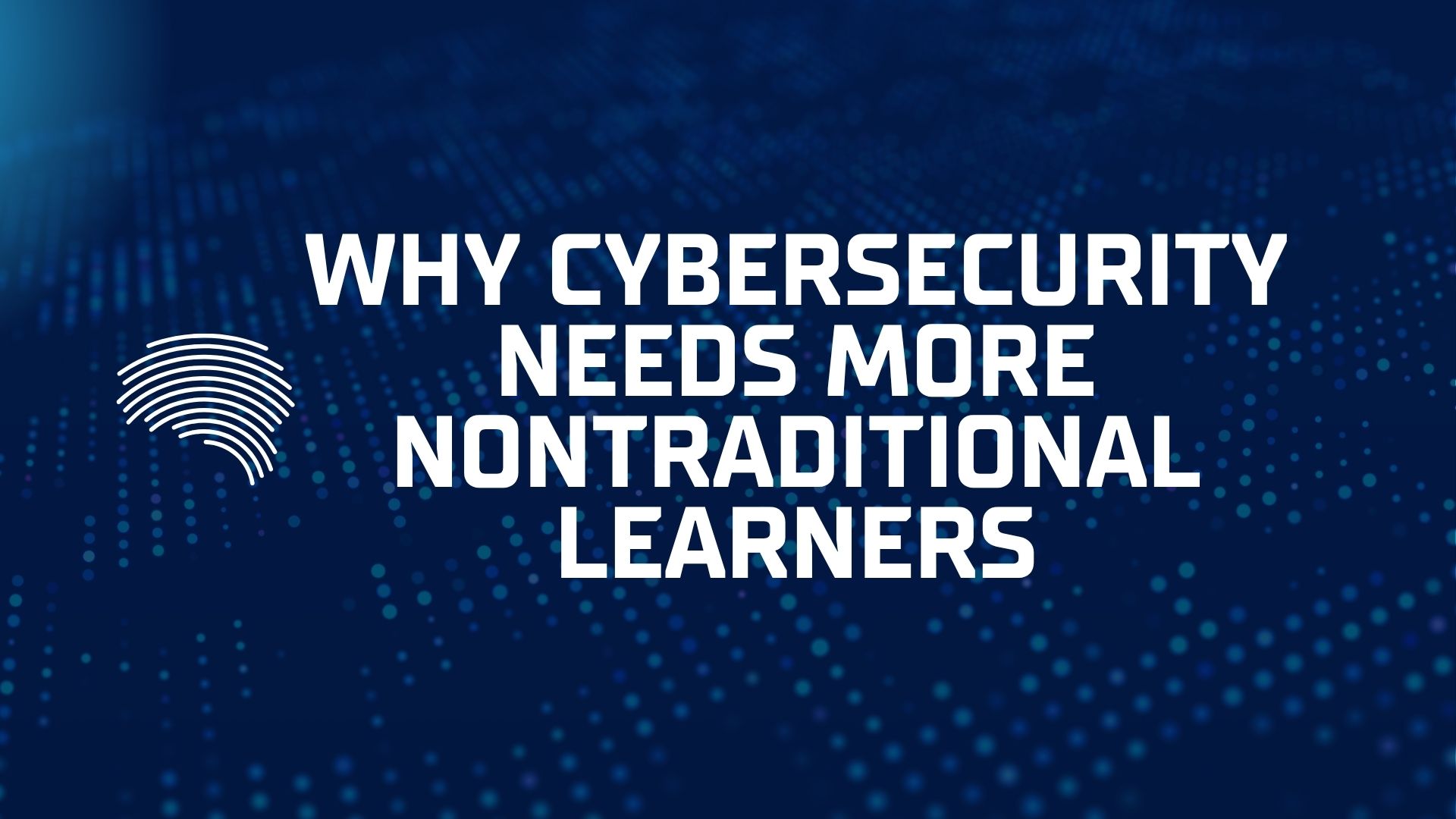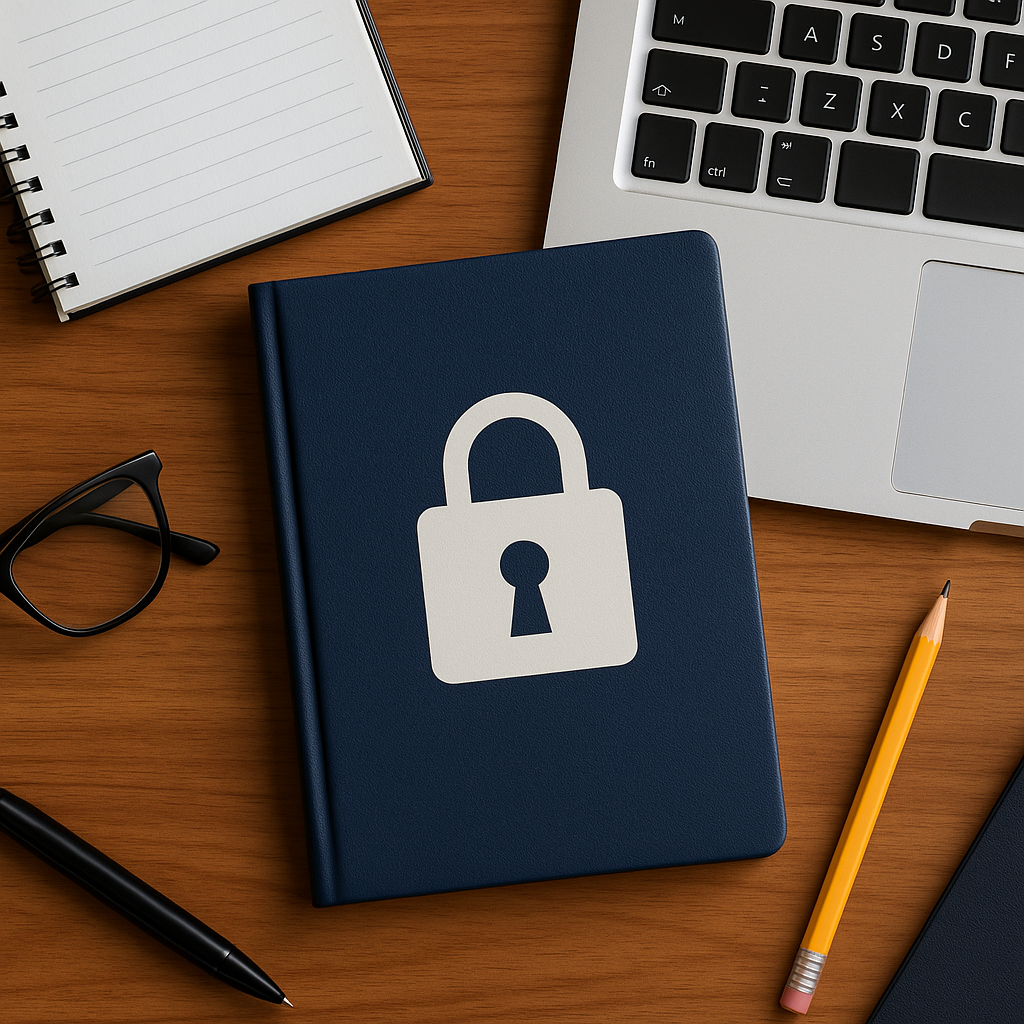Success in cybersecurity isn’t just built through lectures or certifications. It’s shaped by consistent habits and a mindset geared toward continuous improvement. As threats evolve daily, so must those preparing to defend against them. For students pursuing a career in cybersecurity, developing strong daily routines is essential for growth, confidence, and career readiness.
Below are key habits that can elevate any cybersecurity student’s performance, both in the classroom and in the field.
1. Stay Updated on Industry News
Cybersecurity is one of the fastest-moving industries in tech. Every day brings new vulnerabilities, attack methods, and defense strategies. Reading from trusted sources like Krebs on Security, The Hacker News, or the SANS Internet Storm Center for just 10–15 minutes each day helps build real-world awareness. Subscribing to newsletters or listening to short daily infosec podcasts is also a valuable way to stay informed.
2. Practice Hands-On Skills Regularly
Theory alone is never enough in cybersecurity. Consistent hands-on practice strengthens technical skills and builds problem-solving confidence. Whether through a home lab setup, virtual machines, or platforms like TryHackMe, Hack The Box, or OverTheWire, daily practice—even for 30 minutes—makes a long-term difference. Building muscle memory with Linux commands, packet analysis, or ethical hacking tools is essential.
3. Review Notes and Concepts Every Day
Repetition reinforces retention. Spending a few minutes each day reviewing class notes, flashcards, or cheat sheets can help solidify complex concepts. Consider using spaced repetition apps like Anki for memorizing networking protocols, port numbers, or key terminology. Cybersecurity covers a broad range of topics, and small daily reviews make long-term mastery more achievable.
4. Engage With Cybersecurity Communities
Surrounding oneself with others in the field provides both motivation and practical insights. Engaging in cybersecurity Discord servers, Reddit forums (like r/cybersecurity or r/netsecstudents), or student clubs can lead to peer support, study partners, and exposure to internship or CTF opportunities. A daily check-in on these platforms helps stay connected and inspired.
5. Strengthen Scripting and Programming Skills
While not every cybersecurity role requires full software development knowledge, comfort with scripting (especially Python, Bash, and PowerShell) is a major asset. Writing a few lines of code daily, automating small tasks, or exploring GitHub repositories helps students become more adaptable and valuable in real-world roles.
6. Set Learning Goals for the Week
Creating a habit of weekly planning improves focus. At the start of each day, reviewing goals such as “complete one TryHackMe room” or “review OWASP Top 10 vulnerabilities” helps structure time and track progress. Having a clear target makes study sessions more effective and purposeful.
7. Follow Ethical Principles Daily
Cybersecurity is built on trust, integrity, and responsibility. Practicing digital ethics—like responsible disclosure, respect for privacy, and understanding legal boundaries—is crucial. Students can reinforce these values by reflecting on ethical dilemmas in the news or engaging with case studies that highlight real-world impacts.
8. Take Care of Physical and Mental Health
Cybersecurity can be mentally demanding. Adequate sleep, exercise, and nutrition significantly affect focus and performance. Taking breaks, managing screen time, and avoiding burnout are not just personal care practices—they’re career-sustaining habits. Even brief walks, stretching, or journaling can improve resilience and cognitive clarity.
9. Document and Reflect
Keeping a simple cybersecurity journal or log of what was learned each day helps track growth and builds confidence. Recording challenges, new terms, lab results, or takeaways from articles encourages self-reflection and awareness of progress over time.
10. Be Curious and Ask Questions
Adopting a mindset of curiosity is one of the most valuable habits in cybersecurity. Students who ask questions, challenge assumptions, and seek to understand how systems work gain deeper insights. Developing the habit of digging a little deeper each day sets the foundation for excellent analytical skills.
Conclusion
Becoming a strong cybersecurity professional starts long before landing a job or passing an exam. It begins with consistent, intentional habits practiced daily. Students who invest in their mindset, knowledge, and technical growth each day are not only better prepared for challenges, they’re already becoming leaders in the field.
Cybersecurity is not just a course of study. It’s a discipline, and like all disciplines, it rewards those who build it into their daily life.





